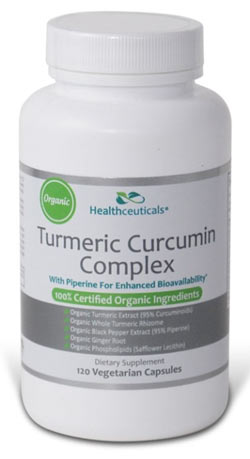
There are trillions of bacteria, viruses, and fungi living in your gastrointestinal tract, but don't worry: they're supposed to be there! In fact, a growing body of research indicates that the balance of these microorganisms contributes to many aspects of a person's physical health and mental well-being. One area that is being explored is the role that gut microbes may have in weight and weight loss.
In fact, studies in mice have shown that introducing microorganisms from lean animals into obese ones can cause the heavy animals to lose weight (Vanessa K. Ridaura1, 2013). This indicates that there may be an ideal balance of helpful and unhelpful organisms necessary for good health. You can learn more in our informative article, "Maintain a Healthy Gut for Healthy Weight Loss."
Can We Increase Our Healthy Gut Microbes?
As we learn more about the importance of healthy gut flora, efforts are being made to determine good ways for people to introduce healthy microbes into their gastrointestinal tracts. Along with avoiding antibiotics, processed foods, and sugar as much as possible, eating fermented foods tops the list of methods. Some of these fermented foods include:
- Kefir, a fermented milk drink.
- Miso, fermented soybeans, rice, or barley.
- Lassi, an Indian yogurt drink.
- Sauerkraut, or fermented cabbage.
- Kombucha, a type of fermented tea.
In Korea, a commonly-served side dish is fermented kimchi. Kimchi is a dish made from vegetables (napa cabbage and radishes are the most commonly used) and spices (ginger and red pepper are common). It can be served fresh or fermented. It's been observed that eating fermented kimchi steadily is associated with increased metabolism and decreased obesity risk.
The Science Behind Kimchi and Gut Bacteria
Scientists wanted to know more about the observed link between kimchi and obesity, so they formulated a study to determine the effects of fresh and fermented versions of the dish on gut flora and gene expression in obese women. Twenty-four women who were clinically obese were given either fresh or fermented kimchi daily for eight weeks. Eating the fermented version of the spicy Korean vegetable dish led to an increase in two types of gut bacteria called Bacteroides and Provotella and a decrease in Blautia bacteria. The resulting bacterial profile is one that has previously been identified as being prevalent in leaner people.
Gene Expression Can Be Affected by Eating Kimchi
Gene expression is the process by which information within genes is used by cells to accomplish certain tasks in the body. Not all genes are used all of the time.
The expression of certain genes in the women who ate the fermented kimchi was studied by looking at proteins in their blood. An increase was found specifically in gene expression contributing to immunity, metabolism, blood circulation, digestion, and blood pressure (Kyungsun Han, 2015).
While science is still uncovering the ways in which gut microbes impact weight and other aspects of a person's health, these indications that fermented foods like kimchi can improve gut health are quite promising.
Kimchi is an easy dish to prepare at home, and it makes a great side dish or addition to many different meals. You can find a recipe for kimchi here.
Works Cited
- Kyungsun Han, S. B.-h.-S.-J. (2015, March 23). Contrasting effects of fresh and fermented kimchi consumption on gut microbiota composition and gene expression related to metabolic syndrome in obese Korean women. Retrieved from Wiley Online Library: DOI: 10.1002/mnfr.201400780
- Vanessa K. Ridaura1, J. J. (2013, Sept. 6). Gut Microbiota from Twins Discordant for Obesity Modulate Metabolism in Mice. Retrieved from sciencemag.org: DOI: 10.1126/science.1241214

